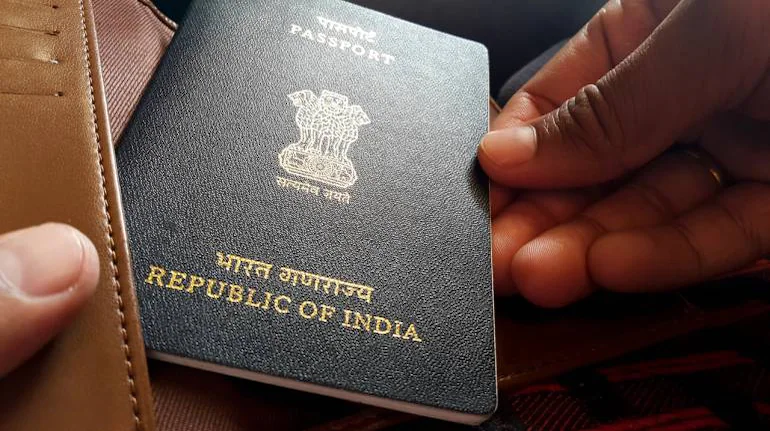Government of India has plans to issue e-passports to the citizens, Ministry of External Affairs had told Parliament in 2016. Now, the plan appears to become a reality soon. MEA spokesperson Arindam Bagchi has said that “It has been the endeavour of the Ministry to enhance passport services and introduce new features”
Wikipedia defines e-passport (also known as an biometric passport or a digital passport)as a traditional passport that has an embedded electronic microprocessor chip which contains biometric information that can be used to authenticate the identity of the passport holder. It uses contactless smart card technology, including a microprocessor chip (computer chip) and antenna (for both power to the chip and communication) embedded in the front or back cover, or centre page, of the passport. The passport’s critical information is printed on the data page of the passport, repeated on the machine readable lines and stored in the chip. Public key infrastructure (PKI) is used to authenticate the data stored electronically in the passport chip, making it expensive and difficult to forge when all security mechanisms are fully and correctly implemented.
Government had already given it’s approval for procurement of electronic contactless inlays for manufacturing of e-passports to India Security Press at Nasik. The new passport will have capability to secure the data and can stop the menace of forgery with passports. A passport is a very important civil document for the citizen of any country. The microchip in the e-passport contains the same information as the printing on the passport.
The new features of the passport will comprise the biometric data of the holder and in the new world rapidly adapting to the newer technologies, provide the holder smoother passage through global immigration posts.












